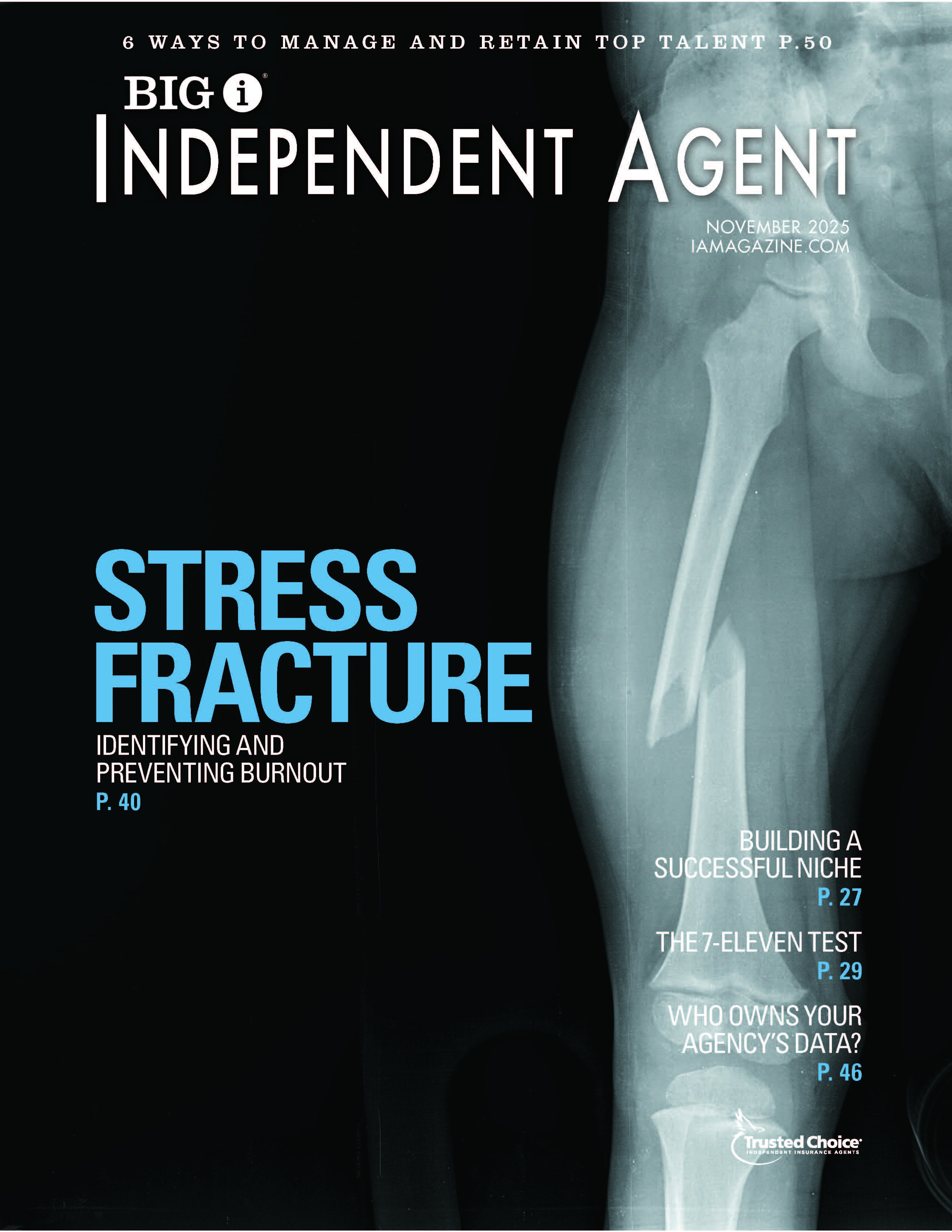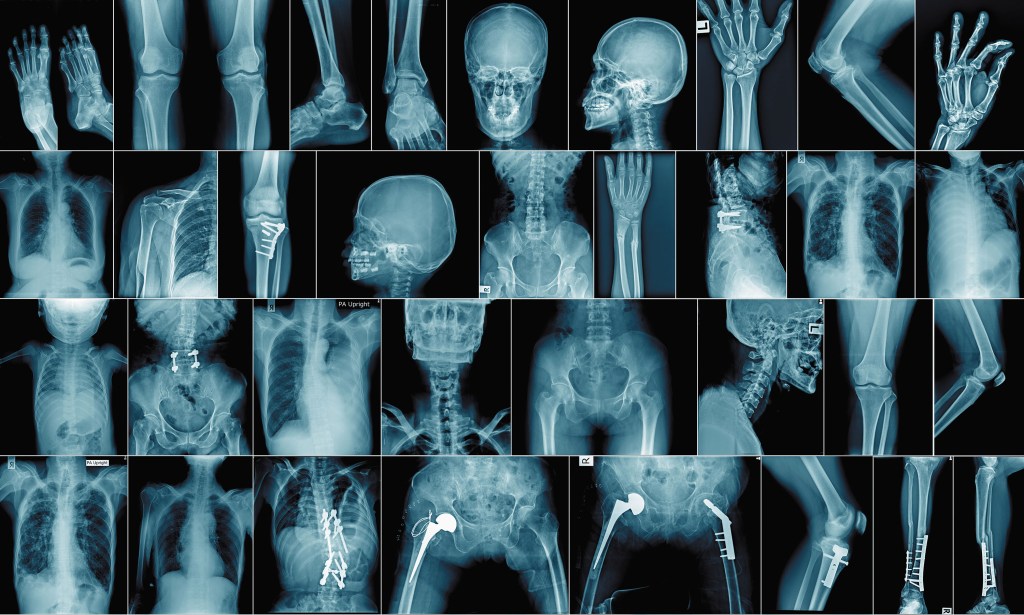Agent Concerns in a Lame Duck Session
By: Margarita Tapia
| Soon the November elections will be decided and airways and cyberspace will no longer be dominated by political advertisements. The coming elections will identify who will be president of the United States for the next four years, who will represent Americans in the nation’s capital and which party will control each chamber for the next session of Congress. But before the next inauguration, there will be a lame duck session of Congress and possibly a lame duck president. Long after the ink dries on the InsurPac checks the Big “I” sends in support of hundreds of candidates for federal office across the country, the consequences of the election will impact the independent agency system. Congress currently has numerous pending issues that are expected to be addressed before the 112th Congress adjourns. Efforts to repeal or make changes to the Patient Protection and Affordable Care Act (PPACA) are expected to continue in the lame duck session and into the new Congress. The details and implementation of the PPACA will continue to trickle out unless an act of Congress or a new president puts the brakes on it (see sidebar). The most urgent issue for the Big “I” on health care continues to be legislation seeking clarification that agent compensation is not part of the medical loss ratios formula as enacted in the health care overhaul law. At press time, the Farm Bill is stalled in the House as lawmakers are unable to come to a consensus on how much funding to cut from various programs in the bill, including farm subsidies and the food stamp program. While efforts are expected to continue to negotiate a long-term deal on the Farm Bill, it appears likely that Congress will pass a one-year extension of the current Farm Bill when they return after the election. As the country attempts to recover from a recession that began in 2008, many are concerned with the upcoming Dec. 31 expiration of the 2001 and 2003 tax rates. Bipartisan legislative efforts in both chambers to extend the 2001 and 2003 tax rates through 2013, among other economic boosts, are pending. Depending on election outcomes, the House and Senate are expected to address this looming issue either during the lame duck session or retroactively early next year. The Big “I” government affairs team will continue working through the election and lame duck session to ensure that agents and brokers have a seat at the table in upcoming discussions on these and many other issues pending before Congress. The results of the general election next month may provide clues of what the independent agency system can expect when the 113th Congress opens in January. Margarita Tapia (margarita.tapia@iiaba.net) is Big “I” director of public affairs. | What is Lame Duck? The official U.S. Senate website defines a lame duck session as: “When Congress (or either chamber) reconvenes in an even-numbered year following the November general elections to consider various items of business. Some lawmakers who return for this session will not be in the next Congress. Hence, they are informally called ‘lame duck’ members participating in a ‘lame duck’ session.” —M.T. The Obama Administration recently released two separate guidance documents shedding new light on details regarding several provisions within the PPACA. The documents are intended to provide direction to employers on how to comply with these provisions and are part of the stream of guidance on the PPACA that will continue to be disseminated by regulators over the coming months and years. The first guidance document, issued by the Internal Revenue Service as Notice 2012-58, provides the Administration’s definition of a full-time employee as it applies to the employer-shared responsibility provision. This provision is also known as the “employer mandate,” since employers with 50 or more employees are required to provide affordable health care or pay a penalty. Additional specifics are also provided on safe harbors, as well as new details on how employers can use an employee’s Form W-2 to determine whether or not the requirements of the law have been satisfied. The second document, issued jointly by the Departments of Health and Human Services, Labor and Treasury on Aug. 31, attempts to clarify the definition of the 90-day waiting period as it applies to group health plans. It also includes several examples as to how the new rules would work. The document is titled “Guidance on 90-Day Waiting Period Limitation under Public Health Service Act § 2708” and can be found on the HHS website. —M.T. |










